Treatment Innovations
-
Facebook
-
Twitter
-
Linkedin
Innovations in cancer treatment are transforming patient care by introducing more precise, effective, and less invasive therapies. Immunotherapy, including checkpoint inhibitors and CAR-T cell therapy, has revolutionized cancer care by harnessing the immune system to target and destroy cancer cells.

NHS launches first-ever breast screening campaign to help detect thousands of cancers earlier
Thousands more breast cancers could be detected earlier in England next year in a major new NHS drive to support more women to attend potentially life-saving breast screening.

Support Throughout the Entire Cancer Journey
Dr. Sanft, who describes herself as a “very midwestern girl, through and through,” was raised in a mid-size town in Iowa and decided to become a doctor when she was quite young.

Uncovering inequalities in breast cancer immunotherapy access
The study examines trends in immunotherapy treatment for triple-negative breast cancer since the new therapies were approved.

New blood cancer drug has a 97% cure rate
Researchers at the University of Hong Kong’s LKS Faculty of Medicine (HKUMed) have developed an oral form of arsenic trioxide (Oral-ATO; ARSENOL) to treat acute promyelocytic leukemia (APL), a once-deadly type of blood cancer.

Scientists uncover method to halt key driver of prostate and other cancers
Melbourne-based scientists have, for the first time, discovered how to “switch off” a molecule which is one of the top culprits behind prostate cancer, and is also linked to lung and kidney cancers.
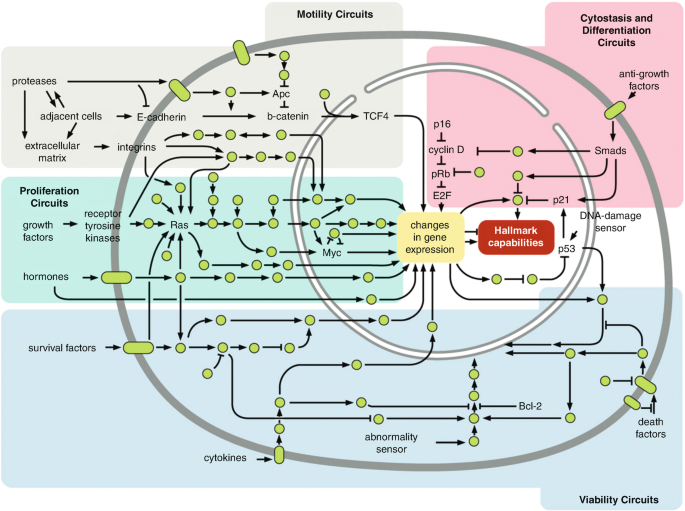
Cell Signalling (Oncology)
We study signal transduction in cells. We focus on the PI3K signalling molecules which are overactive in cancer and in overgrowth syndromes. We aim to understand PI3K action and use that for therapies
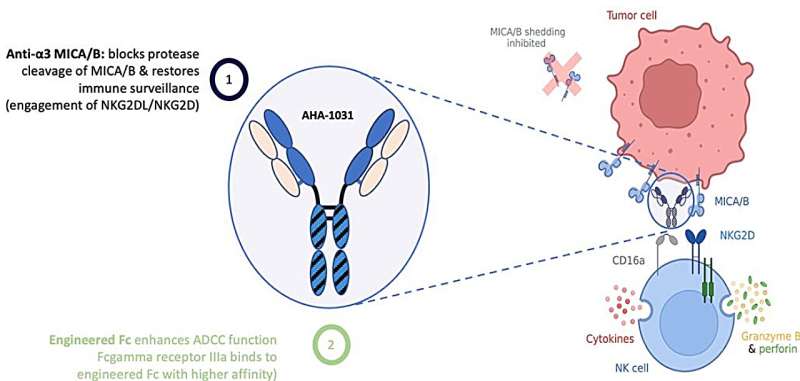
Antibody therapy shrinks immunotherapy-resistant lung cancer tumors in mice
An investigational therapy significantly shrank lung cancer tumors that are notoriously resistant to treatment by encouraging an attack from natural killer (NK) cells in an animal model, a study led by UT Southwestern Medical Center researchers shows.

Arcus Challenges Merck in Kidney Cancer with Early Data
Casdatifan’s progression-free survival benefits could help differentiate it from Merck’s Welireg in the kidney cancer arena, according to analysts at Truist Securities.
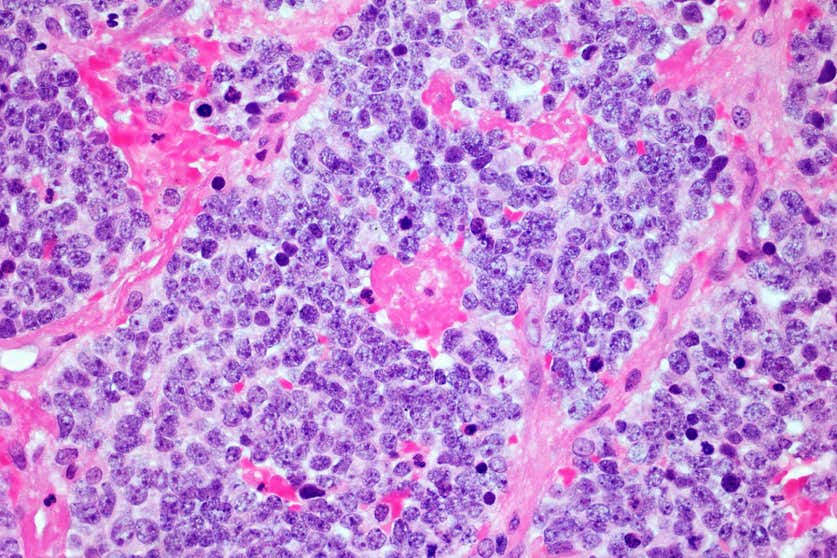
CAR T-cells enable record-breaking 18-year nerve cancer remission
CAR T-cells enable record-breaking 18-year nerve cancer remission
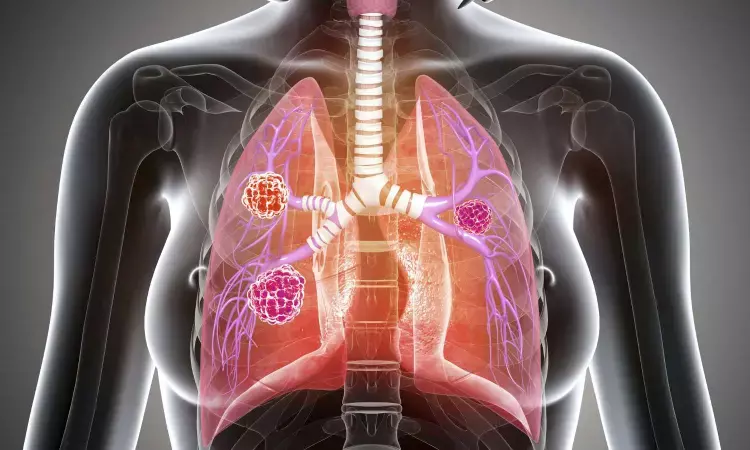
Comprehensive CT Scans May Help to Identify Atherosclerosis Among Patients With Lung Cancer
Several cardiovascular risk factors such as advanced age and smoking history may be prevalent among patients with lung cancer at the time of diagnosis and may increase their risk of future cardiovascular disease,
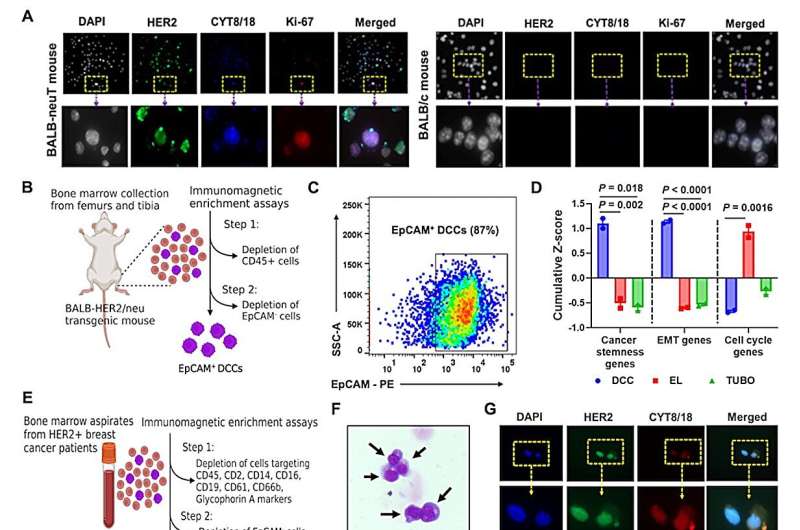
Immune response that may stop breast cancer from spreading identified
A new Moffitt Cancer Center study has identified a specific immune response that may prevent the spread of breast cancer cells within the body.
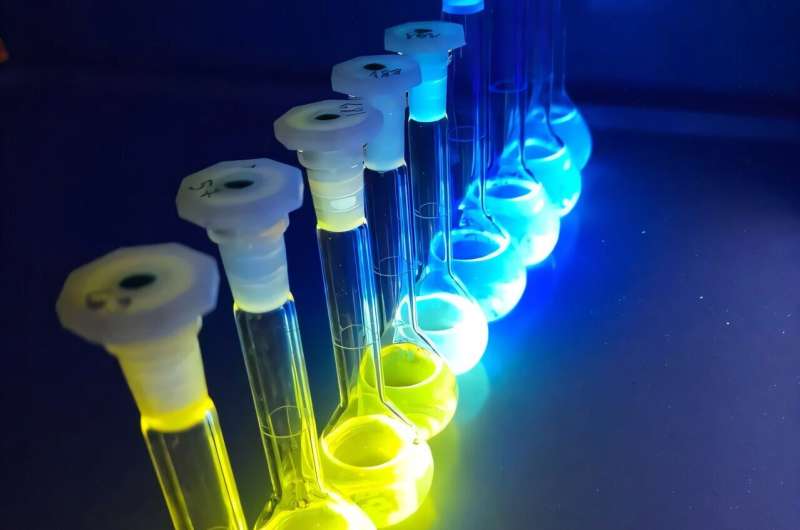
Light-activated dyes show promise in targeting cancer cells
Melanoma is one of the most aggressive skin cancers, with more than 300,000 new cases reported worldwide each year. In Europe, the number of diagnoses has been rising rapidly.
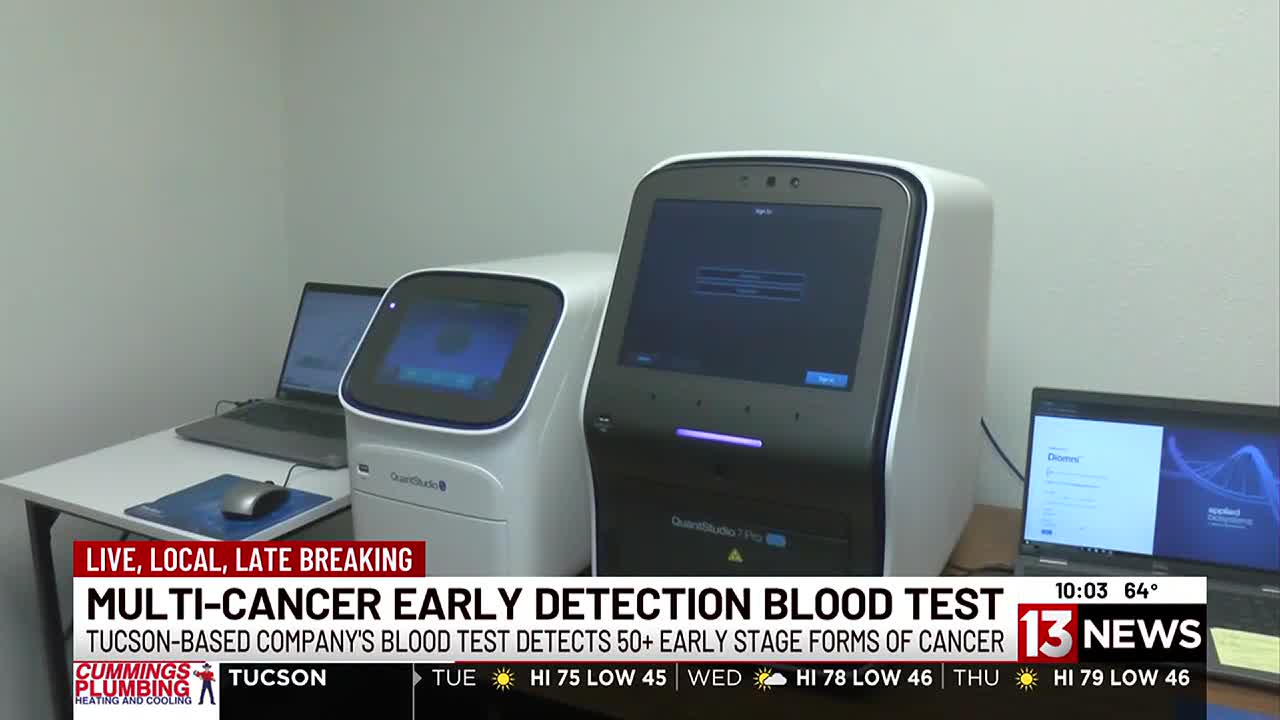
Multi-cancer early detection blood test developed in Tucson
ccording to company co-founder and CEO Mark Nelson, the test can detect 50 types of cancers in their early stages. If the cancers are detected early enough, they can be diagnosed and treated much quicker.

Radiation plus combination immunotherapy may help preserve bladder in some patients with cancer
Patients with localized muscle-invasive bladder cancer (MIBC) who received radiation plus the immune checkpoint inhibitors (ICIs) durvalumab (Imfinzi) and tremelimumab (Imjudo) had durable responses that allowed for bladder preservation, according to results from the IMMUNOPRESERVE clinical trial

Scientists discover the ‘roadmap’ that aggressive cancer uses to spread
New research published in Nature Communications reveals how cancer cells are altered by their surroundings, enabling them to change their shape and break out of a tumor.

British professor makes ‘thrilling’ breakthrough for cure of rare untreatable cancer that killed his mum
A British professor has revealed that a major breakthrough has been made when it comes to treating a rare form of bone cancer.
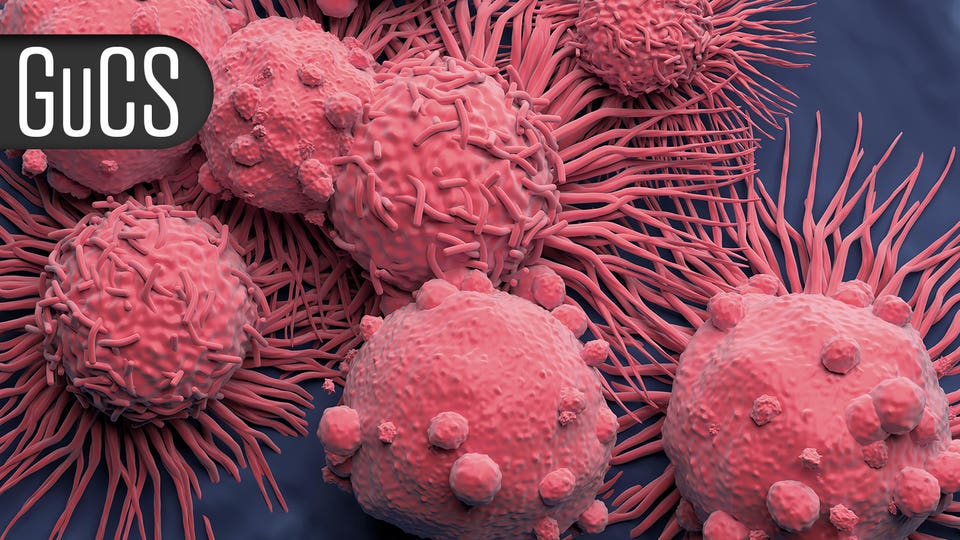
Add-On Cemiplimab Shows Promise as First-Line Treatment for Penile Cancer
PD1 inhibitor plus chemo boosts outcomes in locally advanced or metastatic disease

Common painkiller may help prevent cancer from spreading
Most cancer deaths occur because of metastasis, the process where cancer cells spread from the original tumor to other parts of the body.

US Navy veteran beats cancer with experimental treatment and reliance on faith
After facing the threat of active war, many veterans also wage battles with cancer.

Cutting nerve connections could help treat pancreatic cancer
Scientists have discovered that pancreatic cancer relies on connections to the nervous system to grow and spread.

UChicago Medicine first in Midwest offering breakthrough treatment for cancer patients
It’s a breakthrough in cancer treatment, and UChicago Medicine is one of the first hospitals to offer it.
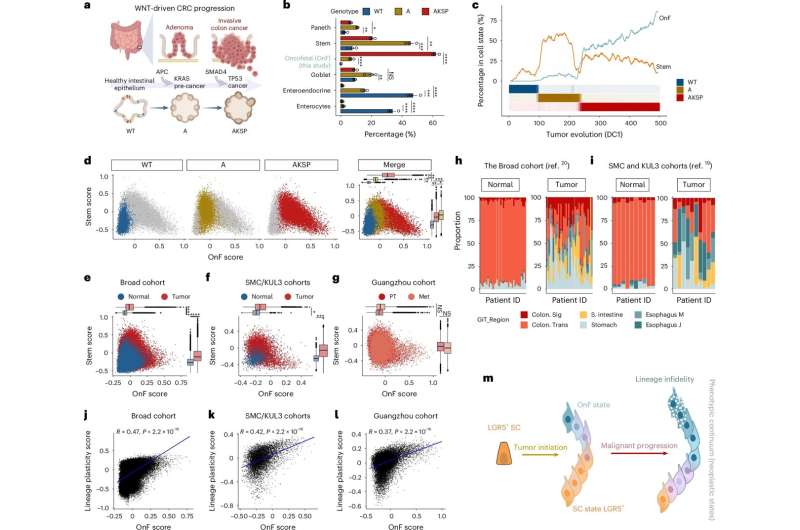
Researchers discover why some colon cancers resist treatment
Researchers at The Tisch Cancer Institute at Mount Sinai have uncovered a major reason why some colorectal cancers (CRC) resist treatment.
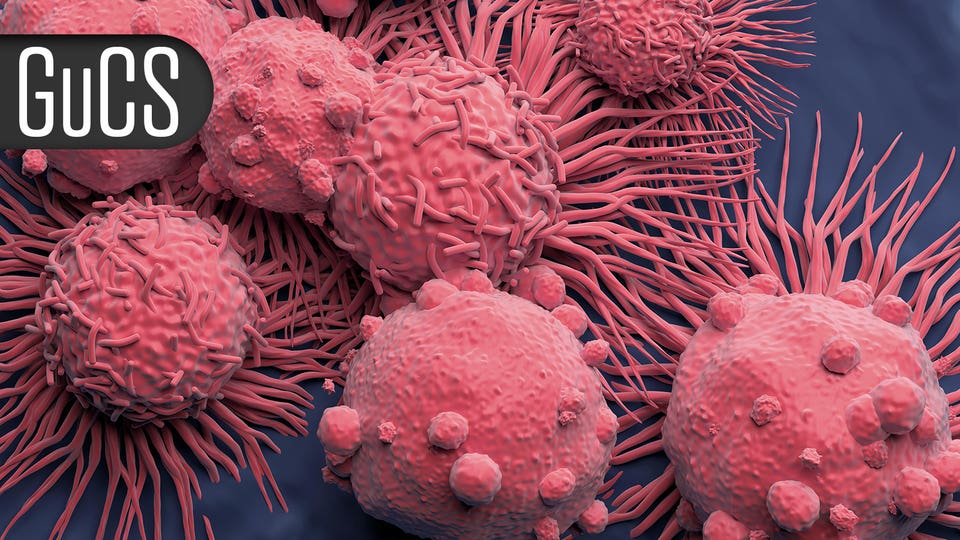
Metastasis-Directed Therapy for Prostate Cancer a Clear Winner in Meta-Analysis
PFS more than doubled with standard of care plus MDT, but practice continues to evolve
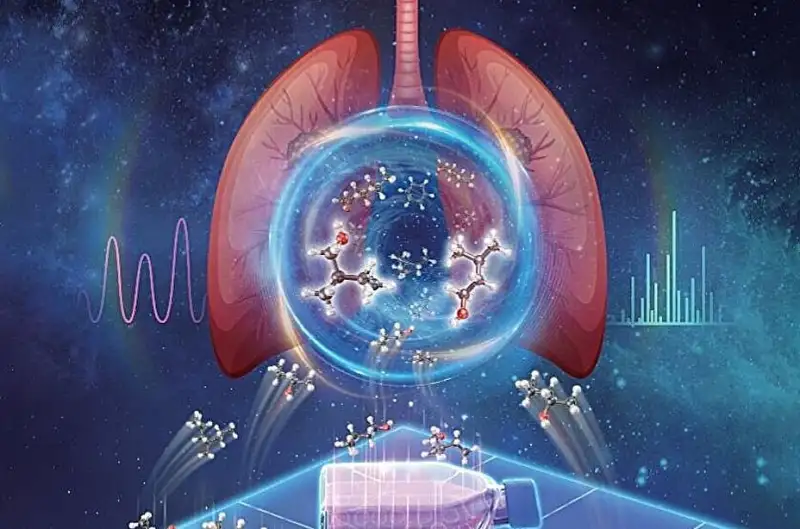
New approach identifies reproducible volatile organic compounds for lung cancer diagnosis
A research team has developed a multi-medium approach (MMA) to identify reproducible volatile organic compounds (VOCs) in lung cancer cells.






